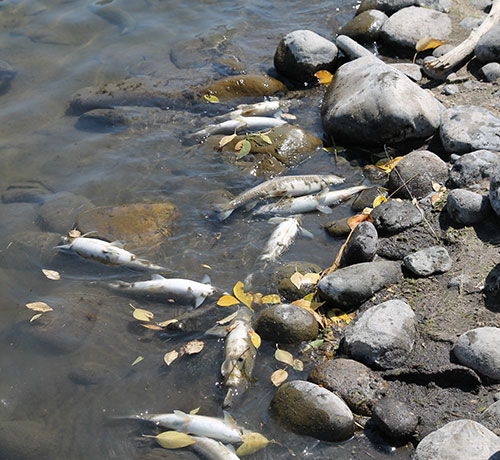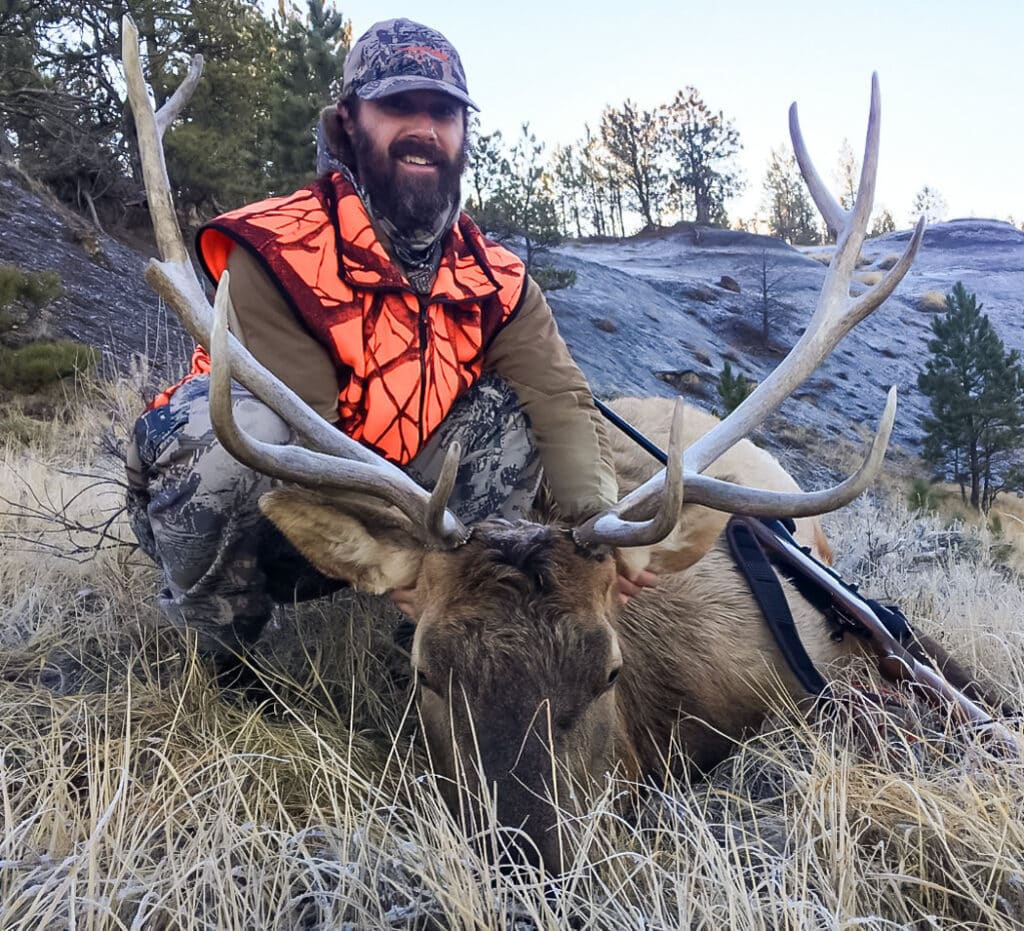
This summer, Montana’s world-renowned rivers and cold-water fisheries have experienced record low water flows and extreme high temperatures. This dangerous combination has caused hoot owl closures since June. Over the last few weeks, it has contributed to a dramatic fish die-off on the Yellowstone River.
By now, most people know that Montana Fish, Wildlife and Parks (FWP) officials have completely closed 183 miles of the Yellowstone River to all public use due to a massive die-off caused by an outbreak of proliferative kidney disease (PKD). Research shows that PKD can kill between 20 to 100 percent of fish during an outbreak. Up to this point, outbreaks of PKD have been pretty rare outside of Europe. In the US, they have occurred in Idaho, Washington, and Oregon, and the parasite that causes the disease has been found in two isolated spots in Montana.
FWP’s biologists have identified record low flows and high temperatures in the Yellowstone as key factors in the PKD outbreak. Research has shown that high water temperatures fuel PKD outbreaks by weakening fish and increasing the virulence of the PKD parasite.
The closure of the Yellowstone River is having dramatic impact on the local community and economy. Hopefully, the swift response from FWP will lead us on a path to recovery in this important fishery. And despite this incident, there are still plenty of incredible angling options in Montana for residents and visitors to enjoy.
At the same time, we need to recognize that the Yellowstone die-off foreshadows a bigger threat to Montana’s outdoor heritage: climate change. The low flows and high temperatures facing Montana rivers today are consistent with the effects of climate change, and representative of what most scientists expect will become the norm as our snowpack disappears and runoff happens earlier. Fisheries biologists have identified climate change as a significant threat to the aquatic environment and our fisheries.
If the current trend continues, hoot owl closures that limit our recreation are going to become the norm for Montana. And new pathogens that threaten our fish will become widespread. In fact, scientists have specifically cited PKD as a disease that will be aggravated by climate change.
In addition to threatening our outdoor heritage, these changes bear an economic cost. Last year, MWF commissioned a study that predicts – conservatively – a one-third decline in angling days over the next 40 years, with an economic loss of $49 million and 1,800 jobs, if nothing is done about climate change.
The Yellowstone fish die-off shows us that outdoor economy job losses due to climate change aren’t just numbers in a report. Incidents like this demonstrate the real, tangible impact climate change will have on real people and communities.
Our decision-makers need to take action on climate change to protect our fisheries, outdoor heritage, and outdoor economy. Common sense investments in reducing pollution and growing our renewable energy economy can reign in climate change. Protecting riparian habitat to keep our rivers cool and improving angler awareness about pathogens can help reduce the impacts that scientists are forecasting.
Montana is home to some of the best cold-water fisheries in the world. With continued scientific management of our rivers and common-sense action on climate change, future generations will be able to experience the trout fishing we enjoy today.

